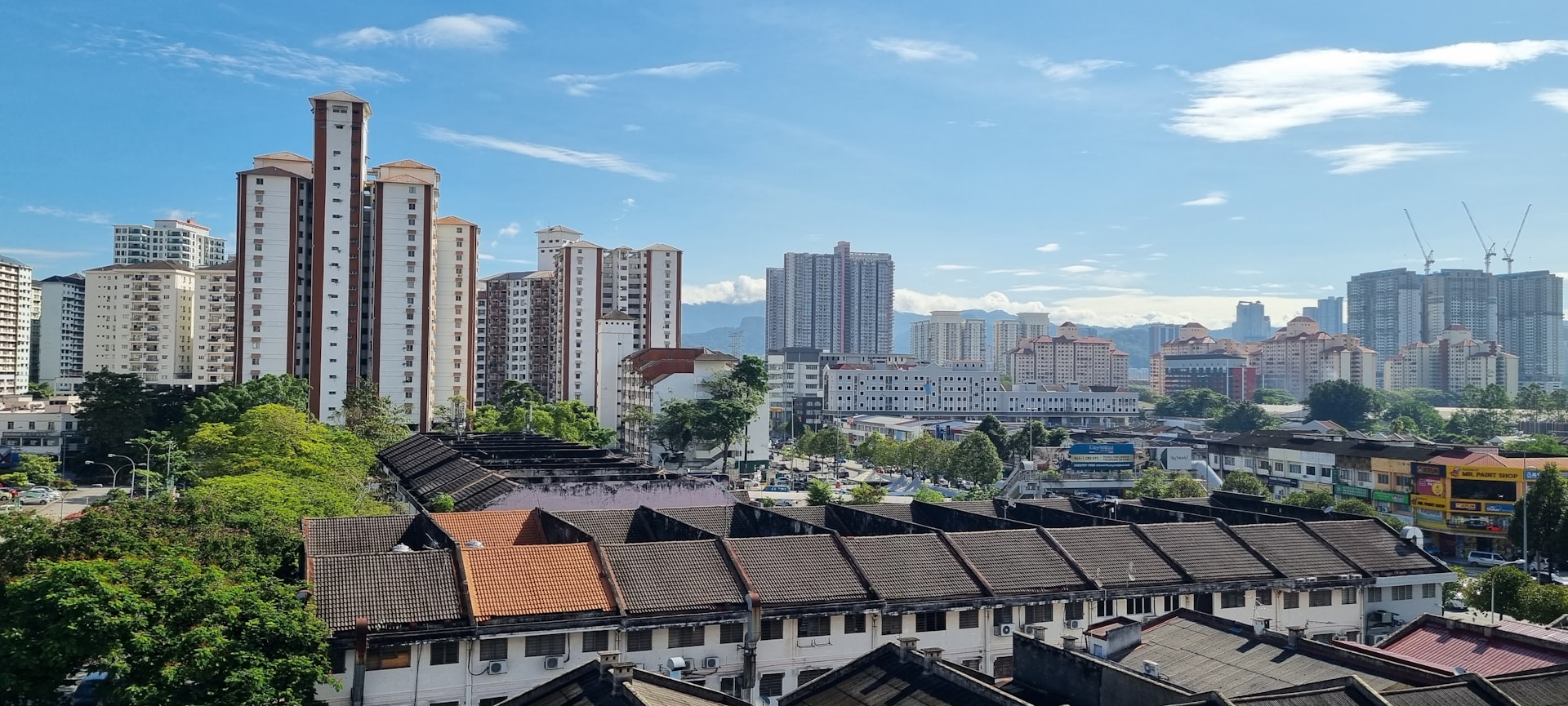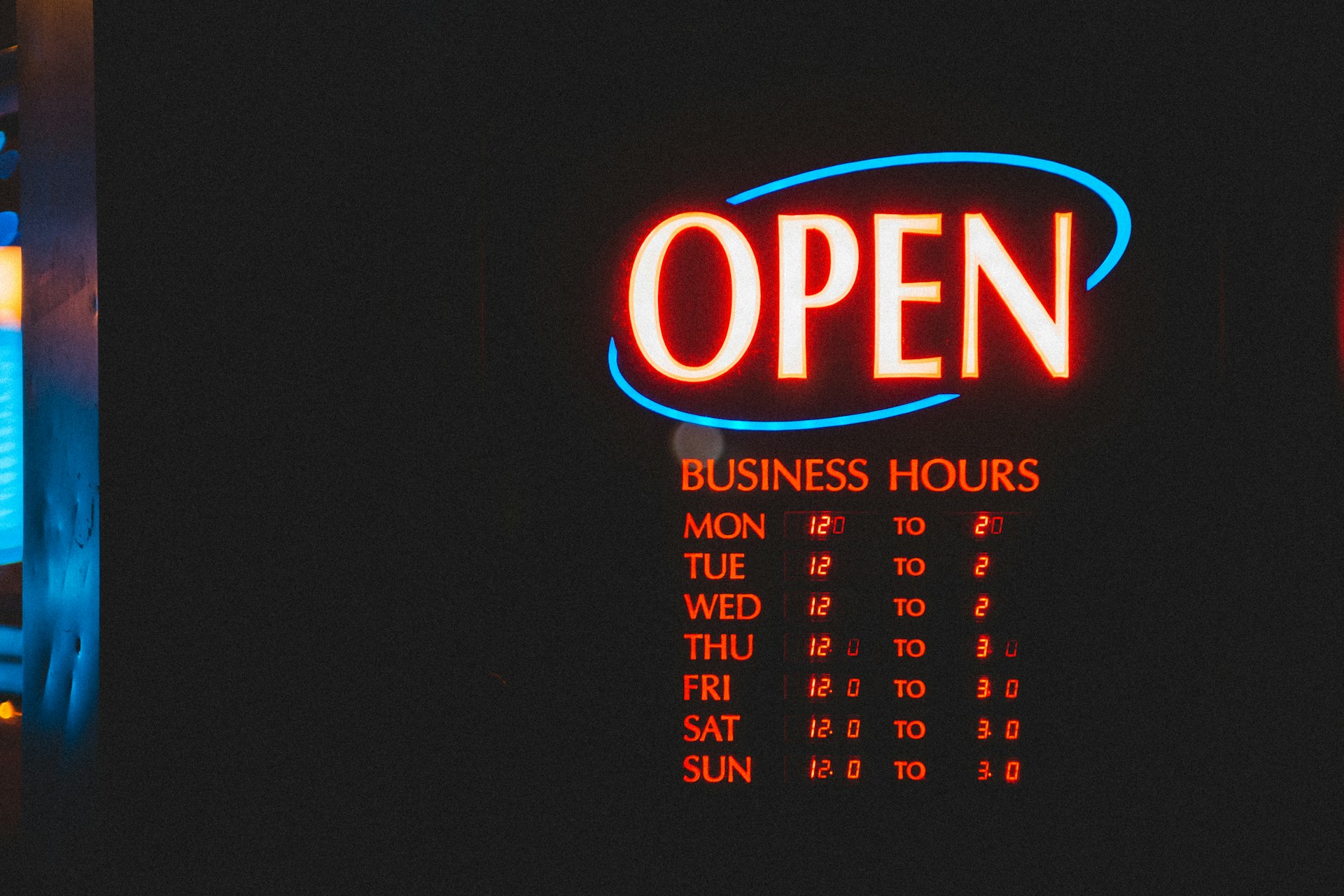Nomad Lifestyle: Embracing Freedom, Flexibility, and Adventure Everywhere

Photo by Yann Allegre on Unsplash
Introduction: What is a Nomad Lifestyle?
A nomad lifestyle is defined by constant movement and exploration, prioritizing freedom, flexibility, and personal growth over traditional stability. Instead of maintaining a permanent home, nomads travel from place to place, immersing themselves in new cultures and environments. This approach can be adopted by individuals, families, and even remote workers known as digital nomads, who leverage technology to sustain their journeys while remaining professionally active [1] [2] .

Photo by Christian Schrader on Unsplash
Core Mindset: Flexibility, Curiosity, and Minimalism
Embracing a nomad lifestyle requires a shift in mindset. Nomads learn to let go of rigid plans and expectations, embracing uncertainty as a source of adventure and creativity. This flexibility enables them to adapt to new surroundings, form meaningful connections, and discover inspiration in everyday experiences. Nomads typically travel light, focusing on experiences and relationships rather than possessions, fostering a minimalist approach that can simplify day-to-day living [1] [2] .
For example, families or individuals often downsize, selling or donating most belongings before embarking on their journey. This process can be transformative, allowing for greater mobility and less attachment to material goods. Creativity flourishes in the unknown, as new environments stimulate fresh perspectives and problem-solving skills [1] .
Practical Steps to Getting Started
Transitioning to a nomadic lifestyle involves careful planning and practical action. Here are step-by-step instructions for those considering this path:
- Assess Your Motivation and Readiness: Define your reasons for adopting a nomadic life-adventure, career flexibility, personal growth, or family experiences.
- Downsize Possessions: Sell, donate, or discard items that are not essential. This reduces logistical challenges and frees you to move easily [1] .
- Plan Finances: Develop a budget and a plan for managing income and expenses on the road. Digital nomads often work remotely; options include freelancing, consulting, and remote employment. Research payment platforms and international banking solutions for ease of access.
- Choose Destinations: Start with regions that offer affordability, safety, and connectivity. Many nomads select places with vibrant communities, such as Thailand, Portugal, or Mexico. Consider visa requirements and healthcare access-search official government travel sites for current country regulations.
- Build a Support Network: Join online communities for nomads (search “digital nomad forums” and “nomad Facebook groups”), attend local meetups, and connect with others who share your interests.
- Prepare for Challenges: Expect periods of loneliness, logistical hurdles, and cultural adjustments. Maintain routines for wellness, and prioritize social connections to combat isolation [2] .
Examples and Real-World Applications
Modern nomads range from families who travel full-time, educators who teach online, to freelancers and entrepreneurs managing global businesses from laptops. For instance, some families document their journeys, sharing experiences and lessons learned from different countries [1] . Others leverage coworking spaces and short-term accommodations to maintain productivity and comfort. Platforms like Airbnb and Booking.com (both verified and widely used) facilitate short-term housing for nomads.
Traditional nomadic cultures, such as the Bedouin and Maasai, continue to influence modern interpretations of this lifestyle. While their movement is often driven by the search for resources, contemporary nomads are more likely to seek adventure, personal development, or remote work opportunities [3] .
Benefits of a Nomad Lifestyle
Personal Growth: Exposure to diverse cultures and situations fosters adaptability, resilience, and open-mindedness. Nomads learn to appreciate the temporary nature of experiences, developing a deeper sense of gratitude and perspective [2] .
Health and Wellness: Constant movement encourages physical activity, from walking city streets to hiking scenic landscapes. Many nomads report increased levels of energy and well-being compared to sedentary routines [1] .
Creativity and Inspiration: New environments spark creativity, providing opportunities for learning, innovation, and personal expression. This can be especially beneficial for artists, writers, and entrepreneurs.
Financial Flexibility: Nomads often find ways to reduce living costs by choosing affordable destinations and managing expenses proactively. Remote work and global gig opportunities provide income streams independent of location.
Challenges and Solutions
Despite its rewards, the nomadic lifestyle presents obstacles:
- Loneliness: Frequent moves can disrupt social ties. Combat this by actively joining local communities, maintaining virtual connections, and participating in shared activities [2] .
- Logistical Issues: Visas, healthcare, and accommodations require careful planning. Use official travel advisories and verified booking platforms for reliable information.
- Emotional Stability: The lack of routine may be stressful. Establish simple habits, such as daily walks or journaling, to maintain balance.
- Income Management: Secure remote work or freelance contracts before moving. Use official websites of payment platforms for setup and support; if unsure, search for “remote payment solutions” with established providers.
Alternative Approaches
Nomadism can be tailored to individual needs. Some choose to travel slowly, spending months in each location to build emotional stability and deeper relationships. Others mix periods of travel with stationary living, allowing for recovery and reflection. Hybrid approaches, such as seasonal travel or combining work and vacation, are increasingly popular among professionals and families [2] .
Accessing Resources and Opportunities
To access practical resources for a nomad lifestyle, consider the following guidance:
- Search “digital nomad visa” for countries that offer official programs supporting remote work.
- Use established travel platforms like Airbnb, Booking.com, and local coworking directories for accommodations and workspaces.
- Explore online forums and social media groups dedicated to nomads for peer support and advice. Popular options include “Nomad List” and “Remote Year”-search for these names directly in your browser to find official pages.
- For health insurance, research “expat health insurance” through reputable providers and review coverage before traveling.
- To find remote work, use established job boards such as LinkedIn, FlexJobs, and We Work Remotely (all verified and accessible).
If you are unsure about a specific service or opportunity, always use qualifying language and verify the agency or company name before sharing sensitive information. For official government programs, consult the agency name and search for their homepage.
Key Takeaways
The nomad lifestyle is marked by freedom, adaptability, and the pursuit of meaningful experiences. While it offers unique challenges, a proactive approach-built on verified resources, careful planning, and a flexible mindset-can make this way of living accessible and rewarding. Explore multiple paths, connect with experienced nomads, and use reliable online resources to build your journey.



